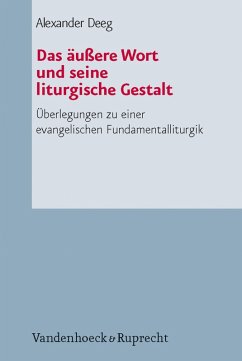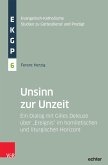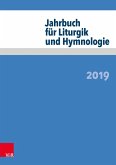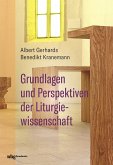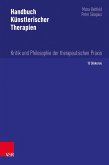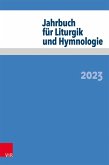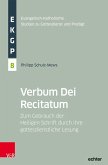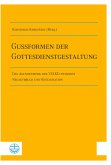The simple question: "What is Protestant liturgy?" is easier to pose than to answer. Alexander Deeg takes on this question in the light of major present challenges to Protestant liturgical practice and theory. His answer is that theological and esthetic considerations are always intertwined and indeed condition each other. With this Deeg closes a gap in the ongoing liturgical discussion that is nearly devoid of fundamental considerations.As method he chooses an abductive approach that refuses the one-sided attempt to deduce liturgy from theological references as well as the one-sided attempt to induce the development of liturgy from empirical perceptions. Rather, the author shows that since its beginnings Protestant liturgy has had the task of liturgically framing the "outer word." His study approaches the interaction between Word and Cult in historical (four selected stations in the history of Protestant liturgy), comparative (Judaism and Catholicism) and cultural-historical (subject, enactment and dramaturgy) terms, in the end profiling modern Protestant liturgy as "WordCult": The Cult gives the Word its form, the Word critiques and inspires the Cult. The author¿s basic thoughts are presented in a practical manner and are adaptable to the necessities of actual liturgy.
Dieser Download kann aus rechtlichen Gründen nur mit Rechnungsadresse in A, B, BG, CY, CZ, D, DK, EW, E, FIN, F, GR, H, IRL, I, LT, L, LR, M, NL, PL, P, R, S, SLO, SK ausgeliefert werden.

